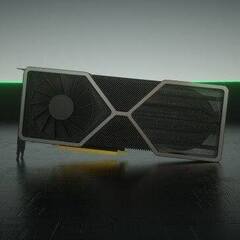Gigabyte SSD need some info
-
Topics
-
Arixl ·
Posted in New Builds and Planning0 -
Millios ·
Posted in New Builds and Planning3 -
torrtoise ·
Posted in Troubleshooting0 -
wxkin ·
Posted in New Builds and Planning2 -
Jacksonyoung ·
Posted in Troubleshooting1 -
Pandoroo ·
Posted in CPUs, Motherboards, and Memory2 -
4
-
12
-
remo233 ·
Posted in CPUs, Motherboards, and Memory4 -
RTX 3090 ·
Posted in Programs, Apps and Websites1
-















Create an account or sign in to comment
You need to be a member in order to leave a comment
Create an account
Sign up for a new account in our community. It's easy!
Register a new accountSign in
Already have an account? Sign in here.
Sign In Now